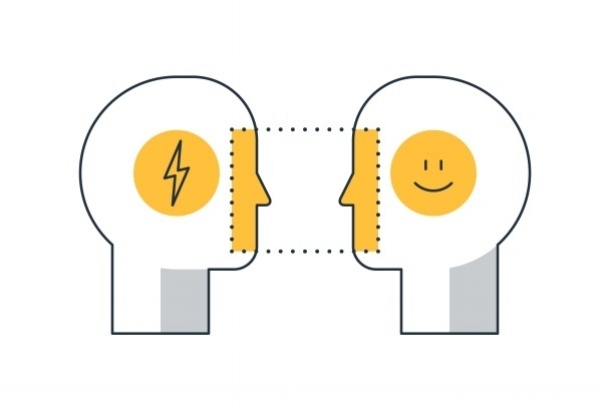Teams and companies can only achieve high performance and move with the necessary speed to succeed today with high levels of trust. Trust really is the oil that keeps the engine from overheating as we floor the accelerator today. The more we understand why and when people give others trust, the better we can build trust in our teams. This includes helping us be vulnerable enough to extend trust first and giving team members the benefit of good intentions.
When we become vulnerable and give someone our trust, it is primarily based on three general perceptions that we have formed of this person or team.
First, does this person care for me? Do they know me? Do they care about the team or is it about them? Do I connect with them? This part of trust is very personal for each of us and many times we have to extend trust without knowing for sure the true intentions of this individual. Hey, it takes courage to extend trust.
Second, do we believe this person can do what they say they can do? Do we believe they have the ability, knowledge, skills to come through for us? I trust our landscape guy immensely and he has proven over and over to know what is going on in our yard. But when I was trying to buy another vehicle, I did not trust his advice on how much I should pay for the vehicle I was pricing. Why? Although we had a personal connection, I did not perceive that he understood the retail and wholesale values of these vehicles. I did not trust his advice. This perception of trust is very situation specific.
Thirdly, do I perceive this person as one of high integrity? Do I observe them doing what they say they will do? Many times, we form this opinion from little things we observe. Do they appear to have similar values to mine? Even observing someone using the foot wedge in golf or the quick line call in tennis can leave huge doubt in our minds. People watch to see if we do what we say we will do—even in the little things.
If we understand how we form perceptions that lead to trust, we can help our teams build more trust for our future success.



